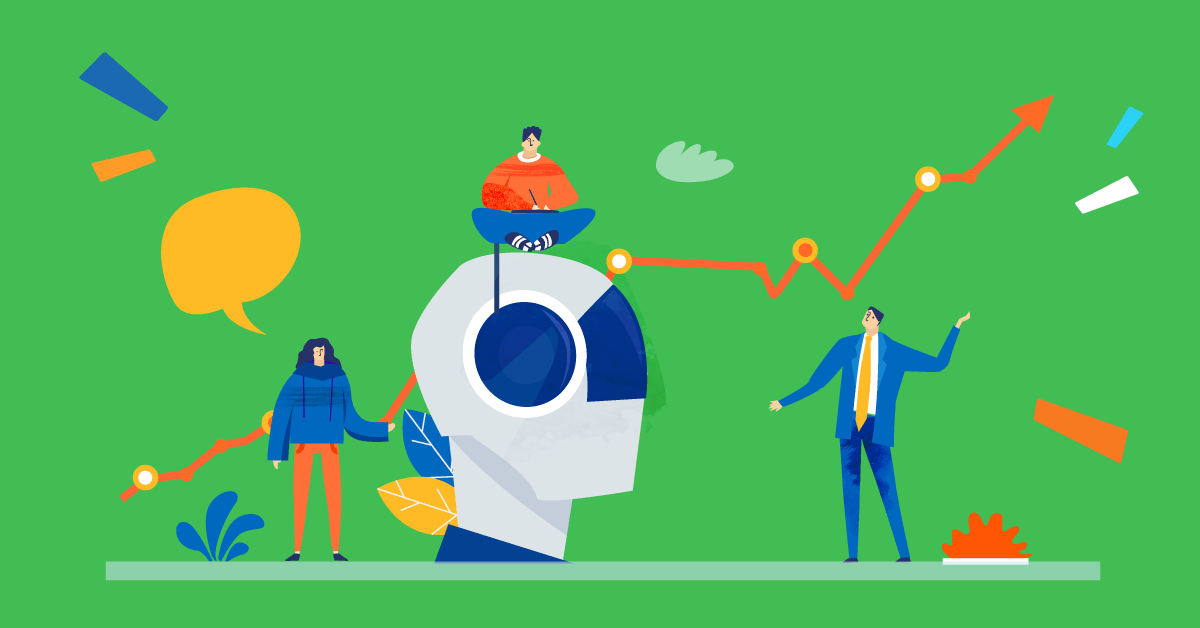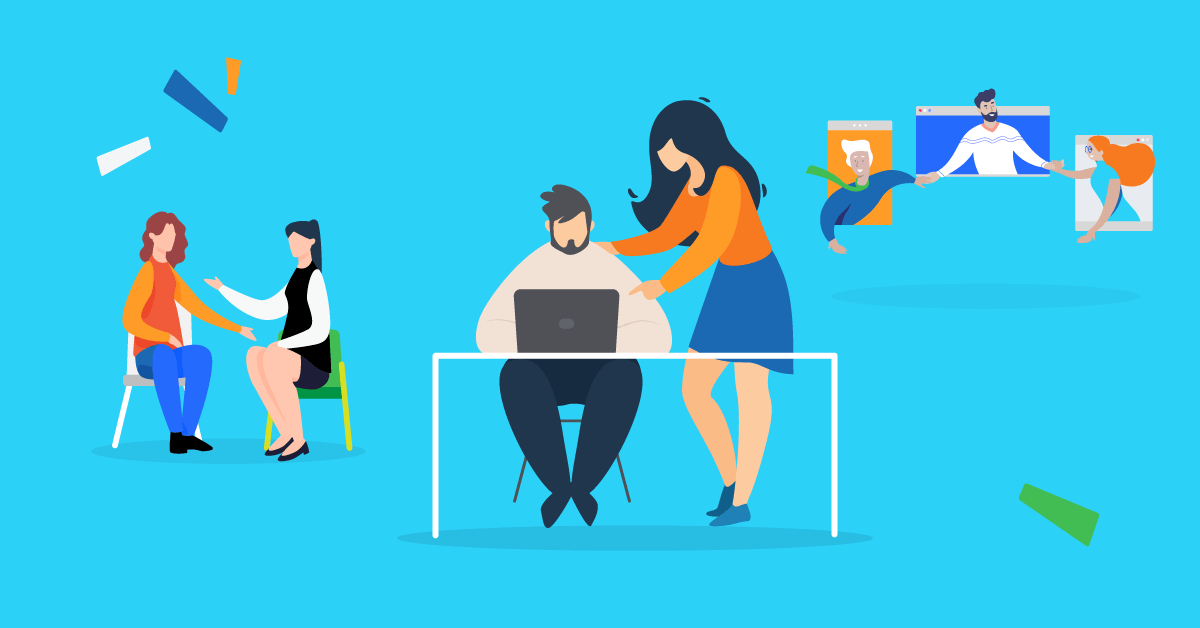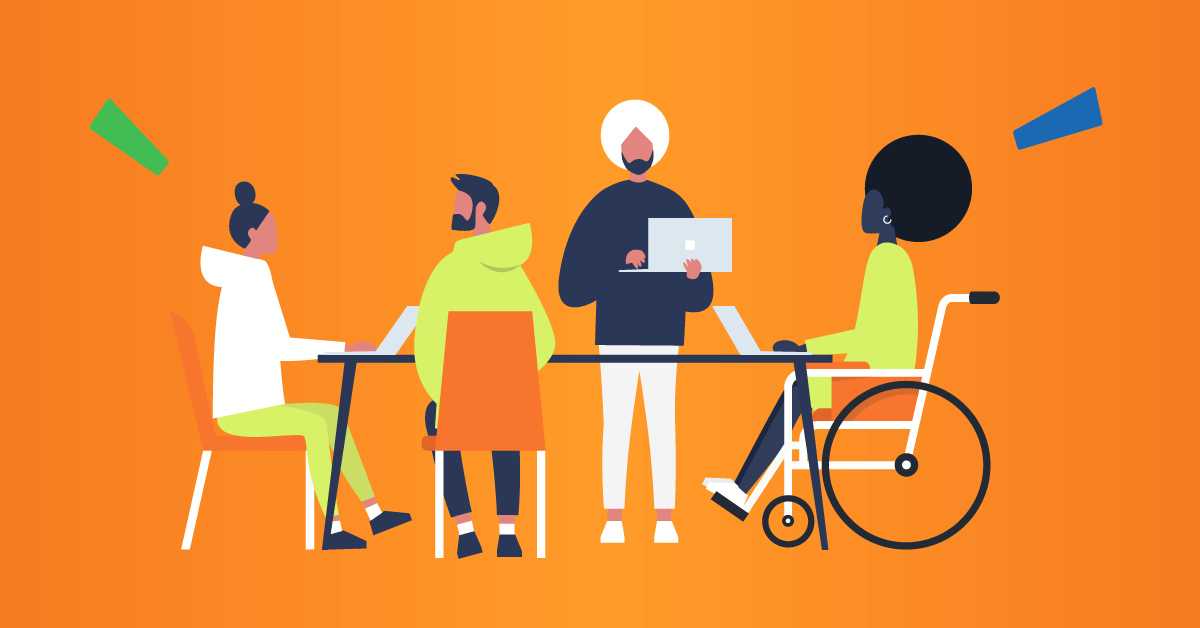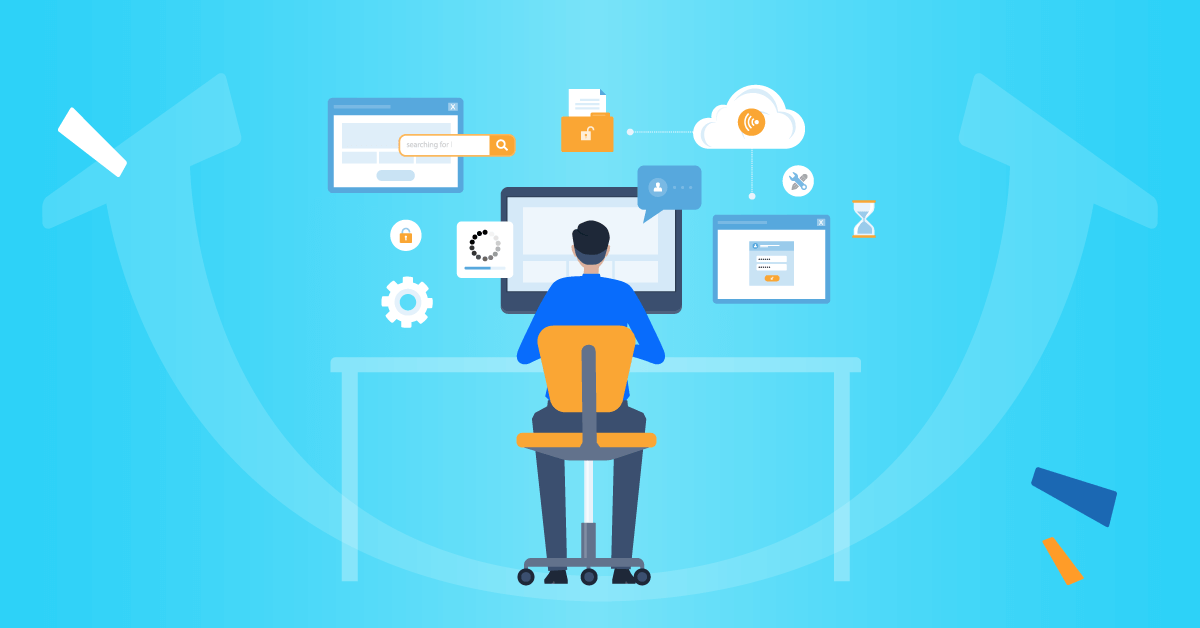As cliché as it may sound, we are at a turning point in history—professionally and beyond. We are experiencing a tech revolution that will have profound implications for our life. A new AI tool, named ChatGPT, is the technology with the fastest adoption in humanity, reaching more than 100 million users in 60 days.
AI tech is not something new. But ChatGPT is the first piece of AI that makes people really excited about the potential of artificial intelligence. We recently ran a survey among US employees and found out that only 20% have never used ChatGPT. And 35% said their job responsibilities have changed due to AI tools.
Just a year ago, I thought that AI would be a flop, a buzzword that would fade into oblivion. It has happened in the past, with what is now called “AI winter,” a period where big promises were proven to be nonrealistic.
But now, we have a real piece of technology that works and, despite its shortcoming, its results are impressive.
In the past few weeks, I’ve used ChatGPT to create content pieces, write and improve code, get quick answers to complex questions, build recipes, create poems, and impersonate personalities. It can do all the above and more. And the quality of output ranges from mediocre to exceptionally good.
It’s like having a teacher or a colleague with whom you can discuss everything from philosophy to math, from history to science. It knows a bit of everything, and in some areas, it excels beyond expectations. Other times, it blatantly lies, like a good storyteller.

ChatGPT is not the first “smart” tool we’ve used at work. For years, we’ve been using tech to automate tasks, standardize repetitive processes, and free up employees’ time so they can focus on more complex, strategic matters. But ChatGPT has brought something new to the table. Creativity.
With the right prompts, we can get ideas for advertising campaigns, product features, or even new revenue models.
It’s, of course, early to tell how this will evolve, and there are various complex societal issues to take into consideration. People may feel threatened by a technology that shows creativity. Many high-paid jobs rely on people’s creativity, after all. It is an irony that AI is a threat to creative professionals rather than unskilled workers.
And it’s not just creativity. Tools like ChatGPT could impact other aspects of work that traditionally require a human touch, like collaboration, communication, and decision-making. Picture this: Instead of interrupting colleagues to ask questions and get clarifications, you can now ask ChatGPT. And, theoretically, everyone will get the same answer. This means you can create a knowledge center—without creating it by yourself. And you can eliminate miscommunication, distractions, and knowledge gaps.
The power of this tool lies in its ability to understand natural language and come up with human-like responses. We’re entering an exploratory phase where most software, research, and experiences will get an AI angle. Expect things like automated meeting notes and action points, real-time content creation and translation, customized training and development programs, a boost in programming efficiency, personalized customer support experiences, and who knows what else.
Productivity will get a huge uplift, and our economies, which seem to flatten, will witness a boost similar to the internet or mobile phones. Jobs may be destroyed. But based on history, much more jobs will be created.
After all, we still need to ask smart questions if we want ChatGPT to give us smart answers.
| Tags: AI



